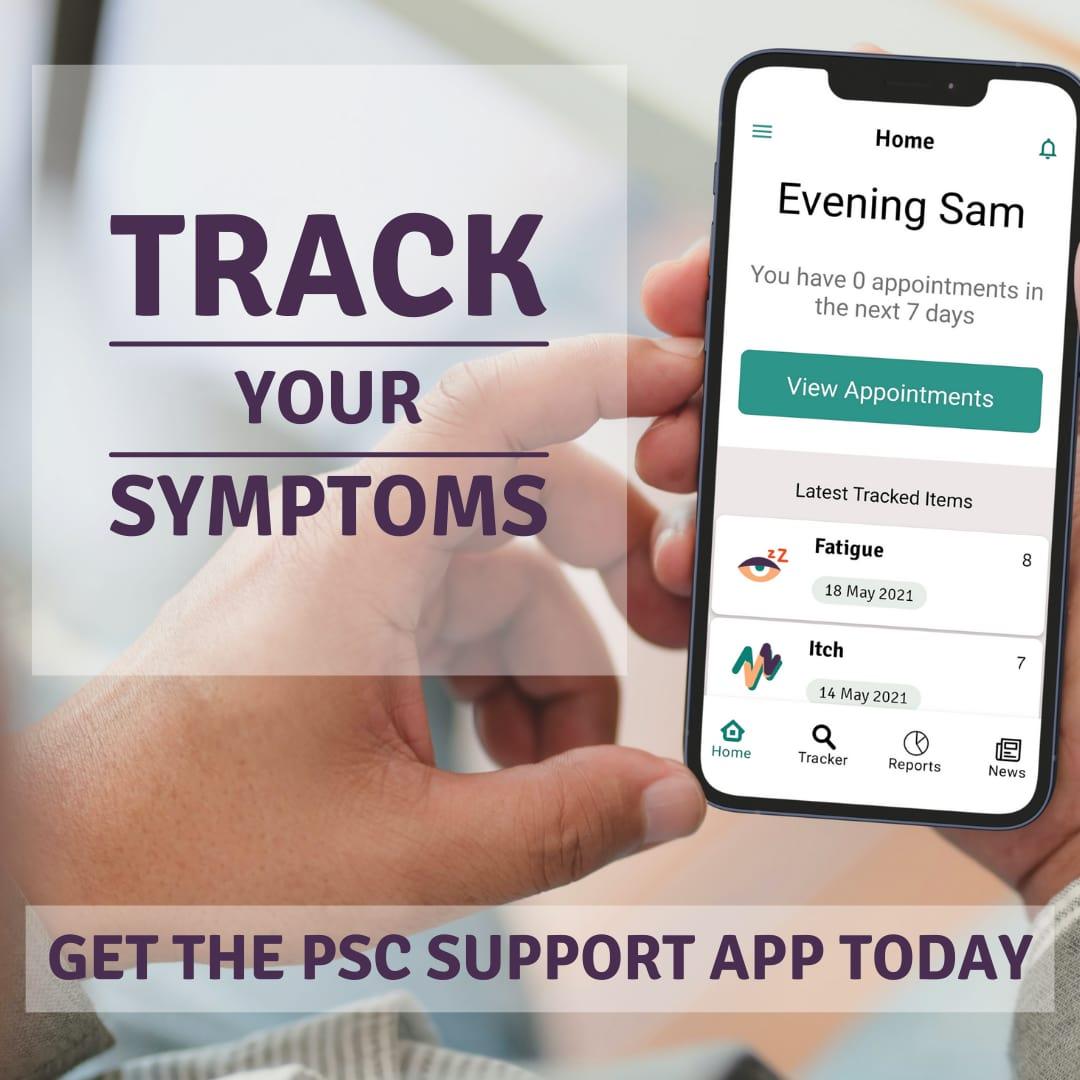Pain
Pain is a common symptom in PSC and affects quality of life

People often feel pain in the right upper quadrant (RUQ) or upper right quadrant (URQ). This is in the upper right part of the abdomen just below the rib cage but it can extend to the middle of the abdomen, back and even the right shoulder 123,124. The pain is described as a ‘pain under the ribs’ or a ‘pinching pain in upper right abdomen’ and it can come and go. The cause of pain could be because the liver is slightly enlarged and is stretching the liver capsule which contains many nerve fibres (whereas the liver itself does not). If you experience sudden pain in your right upper quadrant that does not go away, you should let your doctor know.
Sometimes pain is associated with fevers and shakes, and in some patients, and this might be associated with choledocholithiasis (gallstones) or infection in the bile ducts (bacterial cholangitis) which may respond well to antibiotics 1,22. Other people get pain with no obvious cause. This can be frustrating, but this pain is real.
What pain relief can people with PSC take?
We also experience everyday pain just like people without PSC. What medicines can someone with PSC take? Here’s some information from Professor Gideon Hirschfield on pain management for PSC, given to PSC Support on 9 March 2018 (personal communication)125:
We all get headaches, sprained ankles, abdominal pain etc from time to time, and need to take a painkiller!
For patients with liver disease there can be added anxiety about what medicines they can use, and what they can't.
It is always the case that medical advice needs to be tailored to the individual, and the following applies to people with stable established liver disease, rather than those who may have an acute hepatitis still under investigation:
- If you don't have cirrhosis then Paracetamol remains the first line pain killer, in normal dose;
- If you do have cirrhosis, then Paracetamol remains a good painkiller but most liver doctors would recommend that the dose of Paracetamol is dropped to a maximum of 2 or 3g per day;
- Anyone taking Paracetamol is advised against continued use without medical input;
- If you have cirrhosis, particularly if you have varices, then drugs like ibuprofen, voltarol, naproxen etc are not usually recommended (in case they make you bleed or upset your kidney function).
- If you don't have cirrhosis, then occasional ibuprofen or related drugs, is generally fine. The only exception is if you have colitis, because some (not all) patients find that if they have colitis and take ibuprofen, or similar drugs, other than sporadically, that there colitis gets worse;
- If simple oral painkillers don't work, and topical relievers are no help, then sometimes more powerful drugs like codeine, tramadol, and other morphine drugs are needed. These always need to be prescribed. They can be used in patients with liver disease, but your prescriber will be careful to match the dose to the pain, so you don't get unwanted side effects (constipation, confusion).
- For patients post-transplant usually once they are back home the best pain killers are paracetamol to start, and if needed drugs like codeine. Drugs like ibuprofen are usually always avoided in case it upsets your kidney, and if used, are only given after a pain specialist has been involved in your care.
- Some pain responds to drugs like Gabapentin and Amitriptyline- these are usually fine to use in patients with liver disease.

